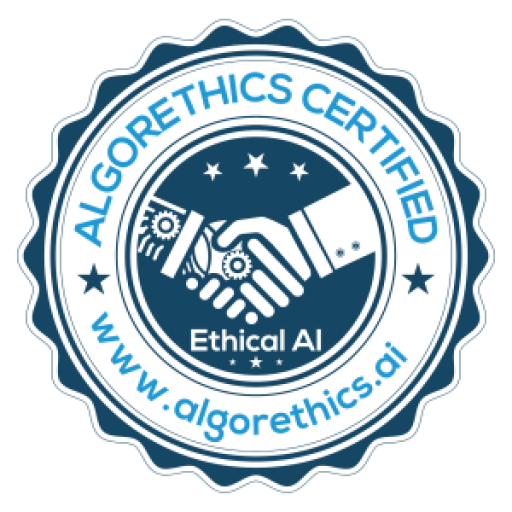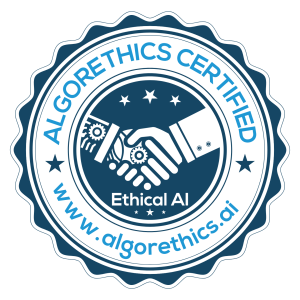Demand for professionals with artificial intelligence skills has soared, with a McKinsey survey finding that over 70 percent of companies have adopted AI and a PwC survey confirming that jobs requiring AI specialist skills have grown over three times faster than all other jobs.
To help, many organizations are rolling out AI certification programs, courses and other training opportunities as a way for people to bolster their AI abilities.
Up to 75 percent of knowledge workers across the world are already using generative AI tools, according to a Microsoft report. Responses in the same report further reveal that 71 percent of leaders prefer candidates with AI skills over more experienced candidates, and 77 percent would give early-career candidates with AI skills more responsibilities.
As a result, achieving an AI certification not only leads to greater job security for employees but also opens the door to career advancement opportunities. AI expertise provides a major advantage for job candidates as well, serving as a way to stand out from a packed talent pool and accelerate one’s career development.
Whether you’re a seasoned professional looking to upskill, or a novice taking your first steps into the world of AI, these certifications can help increase your credibility in this highly competitive job market.
- Professional Certificate in Computer Science for Artificial Intelligence – Harvard University
- Artificial Intelligence Engineer Certification – Artificial Intelligence Board of America
- Professional Certificate Program in Machine Learning & Artificial Intelligence – MIT Professional Education
- AI Engineering Professional Certificate – IBM
- NVIDIA-Certified Associate Generative AI LLMs – NVIDIA
- Fundamentals of Google AI for Web-Based Machine Learning – Google
- Generative AI with Large Language Models – AWS and DeepLearning.ai
- Artificial Intelligence A-Z 2024: Build 7 AI + LLM and ChatGPT – SuperDataScience Team
- Artificial Intelligence Graduate Certificate – Stanford University
- Microsoft Certified: Azure AI Engineer Associate – Microsoft
- AI for Everyone – DeepLearning.ai
- Artificial Intelligence: Business Strategies and Applications – University of California – Berkeley
- Designing and Building AI Products and Services – MIT xPro
- AI Developer Professional Certificate – IBM
- Jetson AI Certification – NVIDIA
- Professional Machine Learning Engineer Certification – Google Cloud
- Post Graduate Program in AI and Machine Learning – Purdue University
- The Graduate Certificate in Ethical Artificial Intelligence – San Francisco State University
- CertNexus Certified Artificial Intelligence Practitioner Professional Certification – CertNexus
- Applied Generative AI for Digital Transformation – MIT Professional Education
- Certified Artificial Intelligence Scientist – United States Artificial Intelligence Institute
- ChatGPT / AI Ethics: Ethical Intelligence for 2024
An AI certification course or program is only effective if it meets the needs of its participants. When it comes to selecting the right option for you, here are a few factors to consider.
- Establish Your Career Goals
Define your career goals before looking at courses. For example, are you interested in an AI certification program because you want to learn new skills for your current role, become qualified for a higher-ranking role or make a career change? Answering this question can help you narrow down offerings to the ones most relevant to your career ambitions. - Determine Personal Capacity
Keep your personal boundaries in mind when exploring AI certifications. Consider variables like your financial limits, availability and learning preferences. Making sure a course aligns with your personal circumstances will ensure you have the best learning experience possible. - Study the Course Content
Review the curriculum to see if it addresses topics you’re interested in. Does the course content include skills, technologies and techniques relevant to your career goals or industry? Check whether a program supplements lessons with hands-on projects, which can translate into real-world experience that employers are looking for. - Assess the Return on Investment
Reflect on the benefits of the course and how it helps you get to where you want to go. Does it come with a certification recognized by industry leaders? Does it offer networking opportunities with top companies and professionals? Think beyond the course content and weigh any lasting advantages to decide whether it’s a worthy investment.







